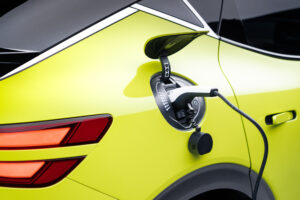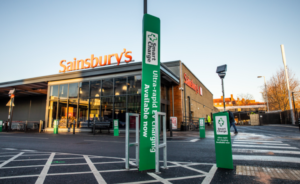Range anxiety still biggest EV turn-off, survey finds
Fears about a lack of charging points are the biggest factor behind people putting off the switch to electric vehicles (EVs), a new survey has revealed.
The survey by Venson found that 69% of motorists in the UK are put off from switching to EVs due to a perceived lack of EV charging infrastructure, even though they broadly know the advantages of driving an EV.
The survey also highlights concerns about limited battery range, with 57% of those surveyed saying this was still a barrier when it came to them considering buying an EV.
The findings come despite reports by the Department of Transport that there are now over 24,000 public charging connectors in almost 9,000 locations across the UK, while many electric vehicles are now able to travel around 200 miles on a single charge.
Alison Bell, marketing director at Venson Automotive Solutions said: ‘With charging and battery range concerns abated, EV fleets should now be far more appealing to businesses.
‘The revised BiK charges which sees zero-emission electric vehicle tax liability for company car drivers fall from 2% to 0% for the tax year 2020-21, will also appeal to company car drivers which should boost demand for EVs in the next 12 months.’
While the survey revealed continued hesitance among drivers about switching to an EV, it also gave a few reasons for positivity for the EV industry.
86% of the motorists approached for the survey said they were no longer confused by the ownership implications of driving a company car, while over two-thirds of drivers said they had a good understanding of the costs and convenience of owning an EV.
Meanwhile, only 13% of motorists said a lack of ‘try before you buy’ options was an obstacle to their purchasing an EV, and only 5% said they were worried about high manufacturer lead times.
Bell added: ‘Whilst our survey findings confirm a greater willingness by company car drivers to adapt to an EV world, there are still some ownership concerns.
‘41% of people we surveyed expressed concern over the practicalities of being able to charge their vehicle at home. And 30% said they had concerns over service, maintenance and repair costs.’
The government wants at least half of new cars sold to be ultra-low-emission by 2030 as part of its Road to Zero Strategy.
The UK is expected to end the sale of conventional petrol and diesel cars by 2040.
Photo Credit – Pixabay

















